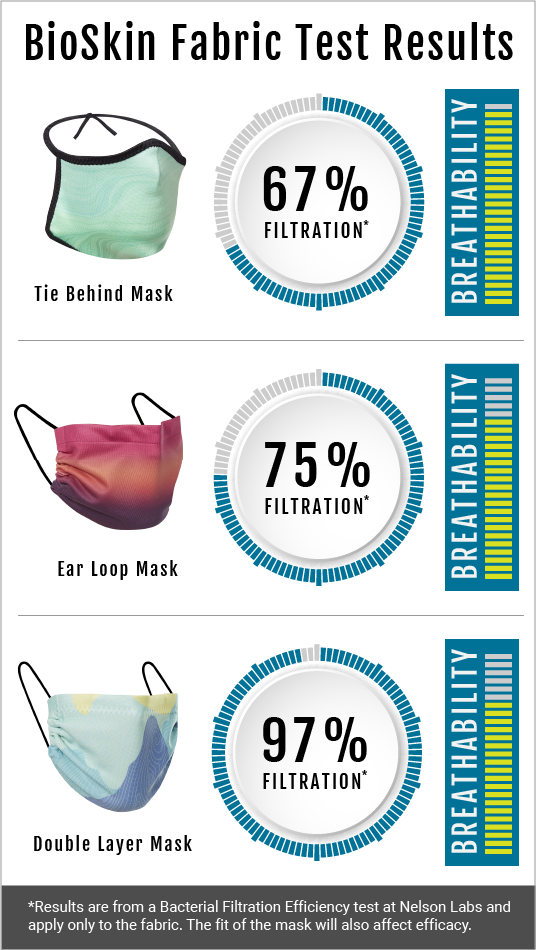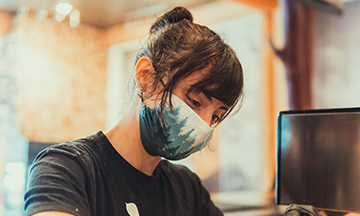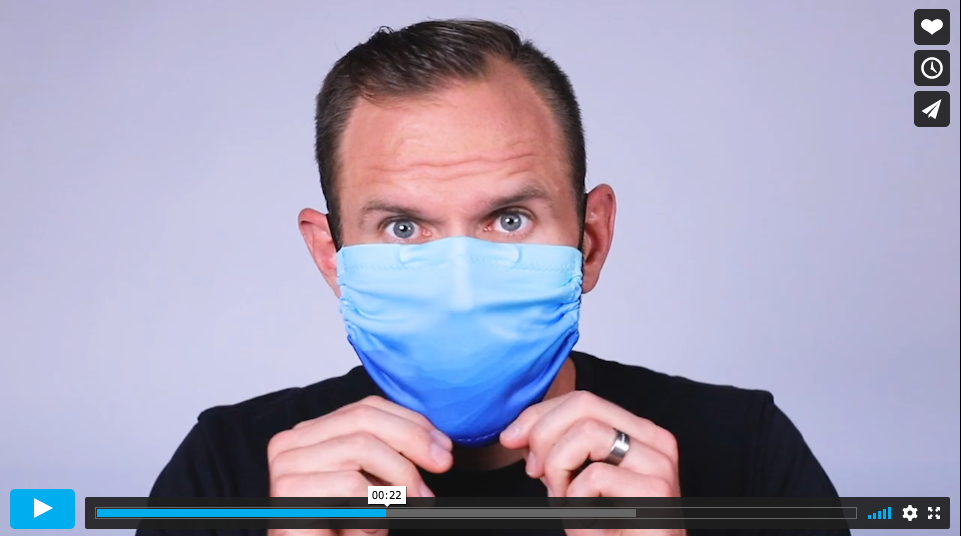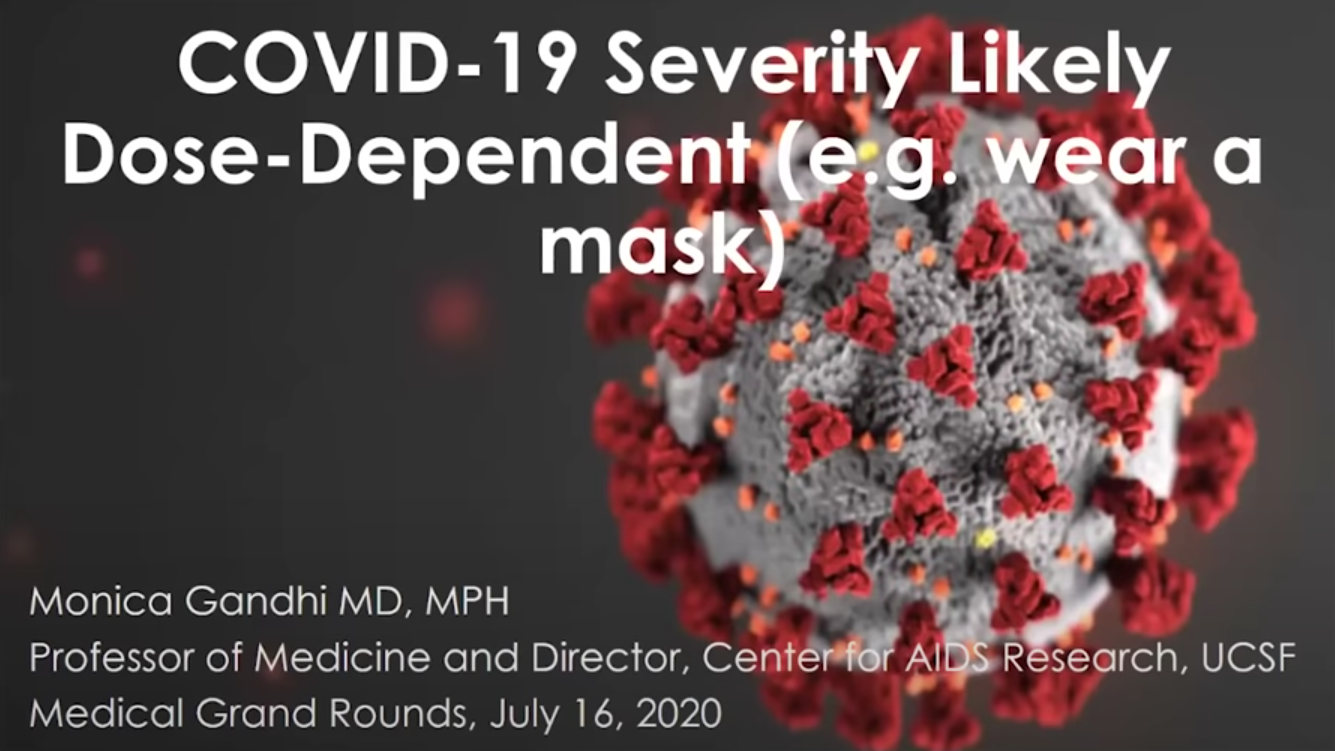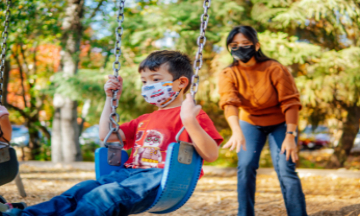Laboratory Tests on BioSkin Fabrics
When we first developed our ear loop mask, we knew it was very comfortable and breathable, but we also wanted to make sure that it offered protection. We turned to Nelson Labs, one of the most credible testing laboratories in the world to get results. Nelson Labs used a Bacterial Filtration Efficiency (BFE) test to study the effectiveness of BioSkin fabrics against an aerosolized pathogen. This test is used for devices that are designed to provide protection against biological aerosols, such as face masks, surgical masks, gowns, caps and air filters.
More About the Test
The BFE test measures the amount of the pathogen that makes it through the mask at a constant flow rate of 28.3 liters per minute. The mean particle size of the pathogen is 3.0 ± 0.3 microns.
Now the coronavirus is extremely tiny, measuring on average only 1.25 microns, so one might wonder how this test is helpful.
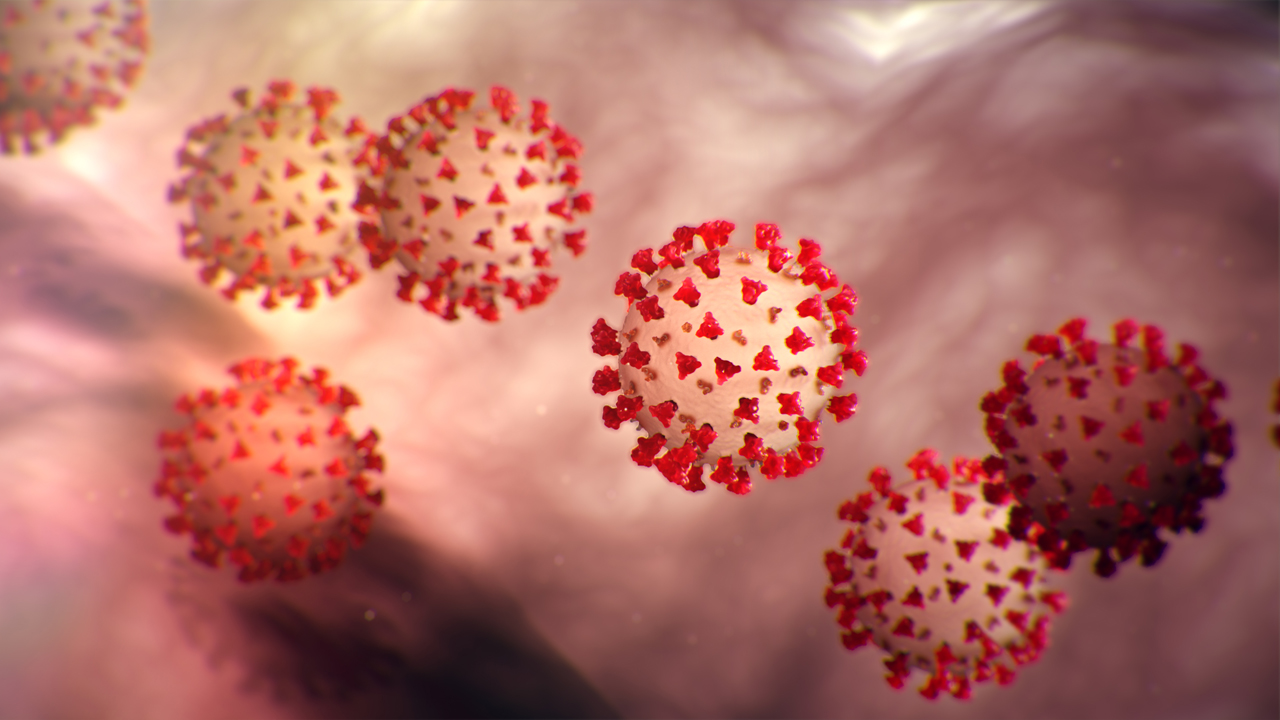
It turns out that the virus needs a carrier to leave the body, so it’s always attached to something bigger. The virus hitchhikes on very small water droplets known as aerosols. These are generated when we cough, sneeze, breathe, etc., and range in size between .7 microns up to 10 microns. Larger droplets fall to the ground immediately, but smaller ones stay in the air longer and account for most disease transmission. It also turns out that the smallest particles tend to zig-zag as they move, making it more likely they will be snagged by a mask.
The fit of the mask will also affect efficacy, so watch this video to make sure you’re getting the best fit for your BioSkin mask.
Masks are an important part of stopping the spread of the coronavirus, but they’re just one of many steps we can take, including limiting exposure through social distancing and frequent hand washing.
